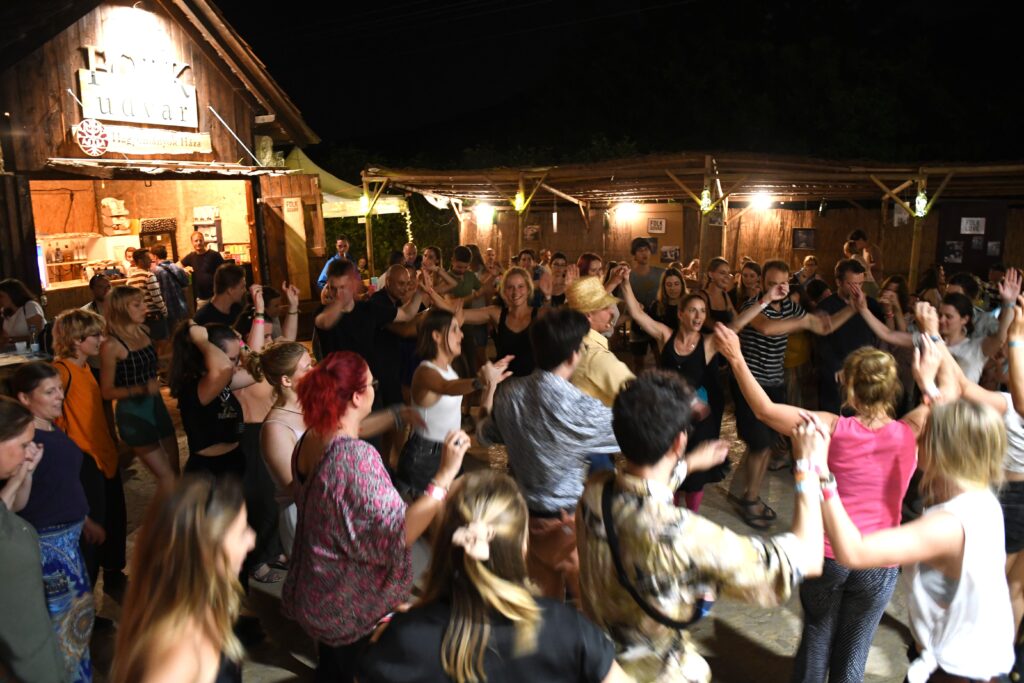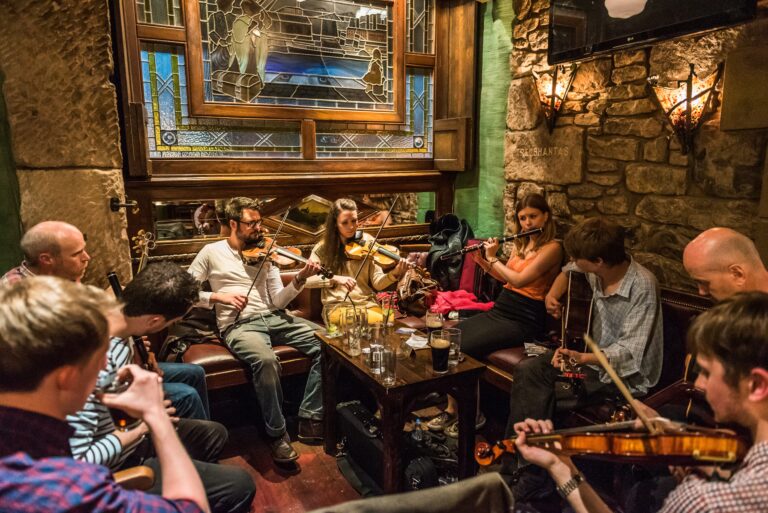European Folk Day – September the 23rd
The first European Folk Day took place on Saturday 23 September 2023 (the day of the Autumnal Equinox in the Northern Hemisphere). After a 2nd edition in 2024, it is happening again on Tuesda 23 September 2025! It is coordinated by the European Folk Network.
Participation is OPEN NOW to any:
Anyone who wants to join in with an activity relate to music, dance or storytelling, either in person or online, is welcome.

Folk music, dance and storytelling carry the voices and stories of the people, nations and communities. They preserve cultures of the past and evolve with each generation.
This project is democratic and diverse. It is open to traditions of music from any community in Europe, whether historically indigenous or newly-migrant.
The idea of European Folk Day emerged during conversations within the EFN. It aims to demonstrate the existence of a critical mass of people all over Europe, involved in one way or another, in the traditional performing arts.
European Folk Day affirms the importance of Europe’s communities and traditions and supports continued resilience and collective action.
The EFN has been growing since its inception, but we are still aware there are thousands of individuals and organizations that are not aware of us, and that we are not aware of.
With this initiative, we want to reach deeper into the fabric of people related to the traditional performing arts in Europe.
Folk music has been characterised by an absence of structures that other sectors, such as classical music, theatre, opera or jazz, have.
This has made it difficult for the traditional arts to be considered in decisions which may impact how they continue in the future.
The EFN was born to solve this shortcoming and European Folk Day is a key initiative aligned with this mission.
European Folk Day will collect events and initiatives from everyone – EFN members and non-members alike.
Please, share the call and participate. The numbers will support all of us:

The European Folk Day started in 2023 by a pilot project co-ordinated by European Folk Network (EFN) with financial support from the MusicAIRE project jointly organised by the European Music Council and Inova with funds from the Creative Europe programme of the European Commission.